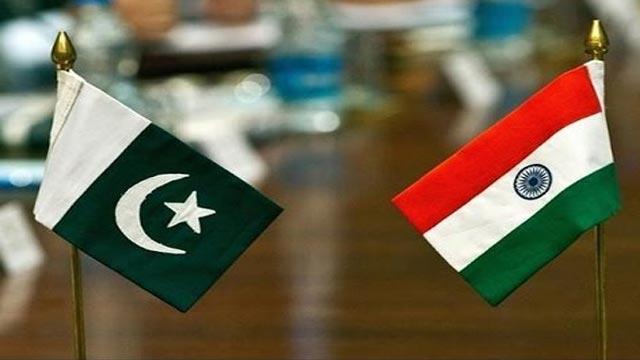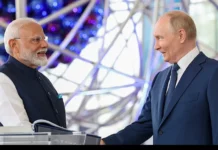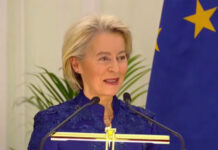LAHORE: Over 50 Hindu pilgrims, including women, arrived here on Sunday from India to attend the religious festivities in Sindh province of Pakistan. “As many as 51 Hindu pilgrims arrived here via Wagah border where the officials of the Evacuee Trust Property Board (ETPB) received them,” ETPB spokesperson Amir Hashmi told PTI.
The EPTB is a statutory board that manages religious properties and shrines of Hindus and Sikhs who had migrated to India following the partition in 1947. Hashmi said the pilgrims also include women and they left for Sindh province on special buses in high security to take part in their religious festivities. “The pilgrims will visit temples in Mirpur Mathelo, Sukker and Ghotki during their 10 days stay in Pakistan,” he said, adding the pilgrims will not be allowed to visit any other places.
Talking to the media at Wagah, the group leader of the visiting Hindus, Yudeshtar Lal, said they have brought a message of peace and love and stressed for enhancing people-to-people contact. He appreciated the Pakistan government’s decision to open some of the centuries old temples in the country. Last month, the Pakistani government handed over centuries-old historical Shawala Teja Singh Temple in eastern city of Sialkot to the Pakistan Hindu Council for worship after the completion of its renovation.
In July, Pakistan opened the temple in Sialkot, some 100-kms from Lahore, for worship for the first time after the partition on the demand of the local Hindu community. The temple, located in city’s congested Dhaarowal locality, is more than 1,000 years old, according to the book History of Sialkot’ by the late Rashid Niaz. Some 2,000 Hindus are residing in this locality.
Hindus form the biggest minority community in Pakistan. According to official estimates, 75 lakh Hindus live in Pakistan. However, according to the community, over 90 lakh Hindus are living in the country. Majority of Pakistan’s Hindu population is settled in Sindh province where they share culture, traditions and language with their Muslim fellows. PTI







